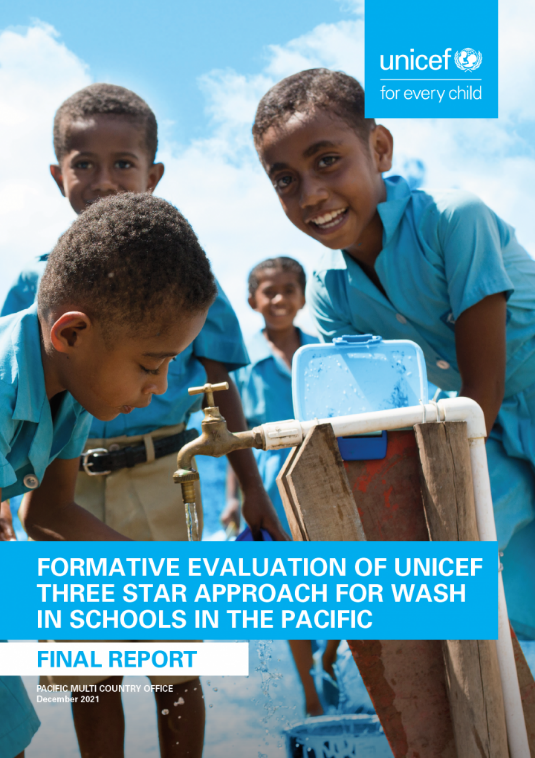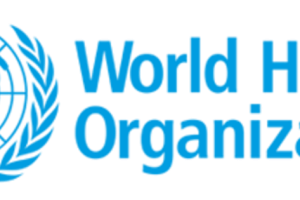Shared by the African University Directory Accreditation Board (AUDAB) http://www.africanuniversitydiretory.org/ in partnership with The Opportunity News https://opportunitynews.tv/
Organization: UNICEF

Country: Zambia
City: Lusaka
Office: UNICEF in Lusaka, Zambia
Closing date: Sunday, 30 October 2022
General
Description of assignment title: Water, Sanitation and Hygiene (WASH) Assistant- CEED
Assignment country: Zambia
Expected start date: 02/01/2023
Sustainable Development Goal: 6. Clean water and sanitation
Volunteer category: International UN Youth Volunteer
DoA reserved for persons with disabilities: No
Host entity: UNICEF
Type: Onsite
Duration: 12 months
Number of assignments: 1
Duty stations: Lusaka
Details
Mission and objectives
UNICEF helps build a world where the rights of every child are fully realized. It is our conviction that nurturing and caring for children are the cornerstones of human progress. UNICEF was created in 1946 to work with others to overcome the obstacles that poverty, violence, disease and discrimination place in a child’s path. It has global authority to influence decision-makers, and a wide variety of partners at grassroots level to turn the most innovative ideas into reality. For 70 years, UNICEF has been working on the ground in 190 countries and territories to promote children’s survival, protection and development. The world’s largest provider of vaccines for developing countries, UNICEF supports child health and nutrition, good water and sanitation, quality basic education for all boys and girls, and the protection of children from violence, exploitation, and AIDS. UNICEF is funded entirely by the voluntary contributions of individuals, businesses, foundations and Governments.
Context
Zambia is located in Southern African and has a population of approximately 18 million people . A survey conducted in 2018 indicated that 15% of children under the age of 5 years in Zambia had diarrhoea within the two weeks prior to the survey and 34.6% were stunted. Global evidence shows linkages between consumption of poor-quality water, diarrhoea and waterborne diseases and may contribute to child stunting. Climate change may increase the consumption of contaminated water, especially in drought prone areas of Africa including Zambia. Potentially increasing climate variability in the future, threatens sustainability of WASH investments. Some of the areas where UNICEF operates in Zambia have been experiencing climate-related impacts including increased flooding and cyclical droughts. The UN Volunteer will support the Water, Sanitation and Hygiene (WASH) section focusing on Climate Change, Energy, Environment, and Disaster Risk Reduction/Response (CEED) towards improving sustainability of existing system and climate resilience.
Task description
Under the direct supervision of the WASH Specialist, the UN Volunteer will undertake the following tasks:
Support WASH related climate financing initiatives, i.e., assist the Ministry of Water Development and Sanitation, and Ministry of Green Economy to finalize Green Climate Fund applications as appropriate, explore opportunities to support the Ministry of Health to obtain climate financing for Cholera activities, and examine interest in climate- appropriate urban sanitation initiatives with commercial utilities;
Contribute to Emergency Preparedness and Response mechanisms by reviewing emergency preparedness plans, ordering prepositioned supplies, and creating disaster response contingency agreements with partners;
Support water quality treatment trials i.e., ordering water treatment materials to be tested and coordinating UNICEF support for hired contractors;
As part of a team monitor water, sanitation and hygiene field activities through field visits and write trip reports on the work of implementing partners’ progress and challenges;
Contribute to knowledge management by documenting WASH and CEED lessons learnt using UNICEF internal knowledge products or international peer-reviewed journal formats.
Eligibility criteria
Age: 18 – 26
Additional eligibility criteria
This assignment is funded by the Government of the Czech Republic and therefore specific criteria apply:
Candidates must be between 18 and 29 years of age throughout the assignment.
It is a non-family assignment, entitlements related to dependents will not be granted.
Deployment will be in February/March 2023, after the Assignment Preparation Training.
Nationality
Candidate must be a national of a country other than the country of assignment.
Donor priorities
Requirements
Required experience
0 years of experience in Climate, Disaster Preparedness, Emergency Response, Water, Sanitation, and Hygiene (up to 3 years of experience); or demonstrated interest in the foregoing areas;
Experience working in the UN or other international development organization and field work experience is an asset;
Previous experience as a volunteer and/or experience of another culture, (i.e. studies, volunteer work, internship) would be highly regarded;
Demonstrated skills in writing proposals, reports, lessons learned, or peer reviewed scientific papers;
Flexibility and interest to work, travel and stay in locations with limited internet and difficult- to-pass roads.
Area(s) of expertise
Development programmes
Driving license
Languages
English, Level: Fluent, Desirable
Required education level
Bachelor degree or equivalent in Climate, Environment, Civil Engineering, Water and Sanitation, or related field.
Competencies and values
Adaptability and Flexibility
Commitment and Motivation
Commitment to Continuous Learning
Creativity
Ethics and Values
Integrity
Professionalism
Respect for Diversity
Working in Teams
Other information
Living conditions and remarks
Zambia is a landlocked, middle-income country with a population estimated at 18 million. It is a resource-rich country with sparsely populated land in the centre of Southern Africa. It shares its border with eight countries (Angola, Botswana, Democratic Republic of Congo, Malawi, Mozambique, Namibia, Tanzania, and Zimbabwe) that serve as an expanded market for its goods. Lusaka became the capital city of Zambia in May 1935. Lusaka’s central position in Zambia and its pleasant climate were two of the main reasons for its selection as the capital. It is a metropolis, which provides a home to about two and half million (3.3 M) inhabitants of different nationalities. It has grown to become the seat of the Government of the Republic of Zambia and as such all diplomatic missions, international organizations, industrial and commercial entities are based there. Its political, social, economic and cultural significance has also increased through the years. Public transport is provided by private operators using minibuses and taxis. The bus routes are not mapped, and roads are often congested. Good modern housing for rent is available on the open market. The official language is English, which is widely spoken. The country is generally food secure, with sufficient local fresh fruits and vegetables available in the markets, as well as various dairy, poultry and meat products. There are several international schools using the Cambridge GCSE or IGCSE syllabi, from key stage one through to A levels. Health conditions are generally good, although malaria is endemic. Zambia is generally a safe place to live in, although not free of crime. Some prudence is required. For more info, visit: http://www.zambiatourism.com
Inclusivity statement
United Nations Volunteers is an equal opportunity programme that welcomes applications from qualified professionals. We are committed to achieving diversity in terms of gender, care protected characteristics. As part of their adherence to the values of UNV, all UN Volunteers commit themselves to combat any form of discrimination, and to promoting respect for human rights and individual dignity, without distinction of a person’s race, sex, gender identity, religion, nationality, ethnic origin, sexual orientation, disability, pregnancy, age, language, social origin or other status.
Reasonable accommodation
UNICEF offers reasonable accommodation for UN Volunteers with disabilities. This may include, for example, accessible software, travel assistance for missions or personal attendants. We encourage you to disclose your disability during your application in case you need reasonable accommodation during the recruitment process and afterwards in your assignment.
Note on Covid-19 vaccination requirements
In addition to duty station-specific vaccine requirements, appointments are subject to confirmation of fully-vaccinated status against SARS-CoV-2 (Covid-19) with a World Health Organization (WHO)-endorsed vaccine, which must be met prior to taking up the appointment. It does not apply to UN Volunteers who will work remotely and are not expected to work on or visit UNICEF premises, programme delivery locations or directly interact with communities UNICEF works with, nor to travel to perform functions for UNICEF for the duration of their contracts.




















Add Comment